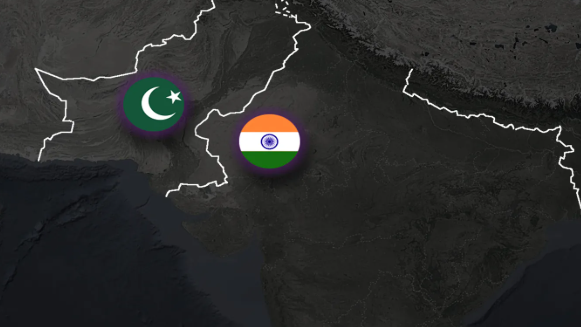

New Delhi: In May 2025, the fragile peace between India and Pakistan was shattered following a series of violent incidents, leading to heightened military engagements and a surge in public discourse advocating for restraint and factual reporting.
The catalyst for the recent escalation was the tragic attack on April 22 in Pahalgam, Jammu and Kashmir, where gunmen killed 26 individuals, predominantly Hindu tourists. The Resistance Front, linked to Pakistan-based Lashkar-e-Taiba, claimed responsibility. India accused Pakistan of harboring the perpetrators, a claim Pakistan denies.
In retaliation, India launched "Operation Sindoor" on May 7, targeting alleged terrorist infrastructures in Pakistan-administered regions. India reported the elimination of 70 militants across nine locations. Pakistan condemned the strikes, citing civilian casualties, including women and children, and labeled the action as an act of war.
Subsequent days witnessed intensified exchanges along the Line of Control (LoC), with both nations reporting casualties and damages. India accused Pakistan of targeting military bases in Jammu, Udhampur, and Pathankot using drones and missiles. Pakistan, in turn, claimed to have downed several Indian drones and jets.
The international community, including the United Nations and leaders from the U.S., U.K., and China, expressed deep concern over the escalating tensions and urged both nations to exercise restraint and engage in dialogue.
Amidst the conflict, a significant movement has emerged on social media platforms, with netizens from both countries advocating against hate-mongering and the spread of misinformation. Hashtags like #SayNoToWar and #RespectTheTruth have trended, emphasizing the public's desire for peace and factual reporting.
Both governments have taken measures to control the narrative, with India requesting social media platforms to block accounts spreading false information and Pakistan implementing similar restrictions.
As the situation remains volatile, the collective voice of citizens advocating for peace and truth serves as a beacon of hope, emphasizing the need for responsible discourse and mutual respect.